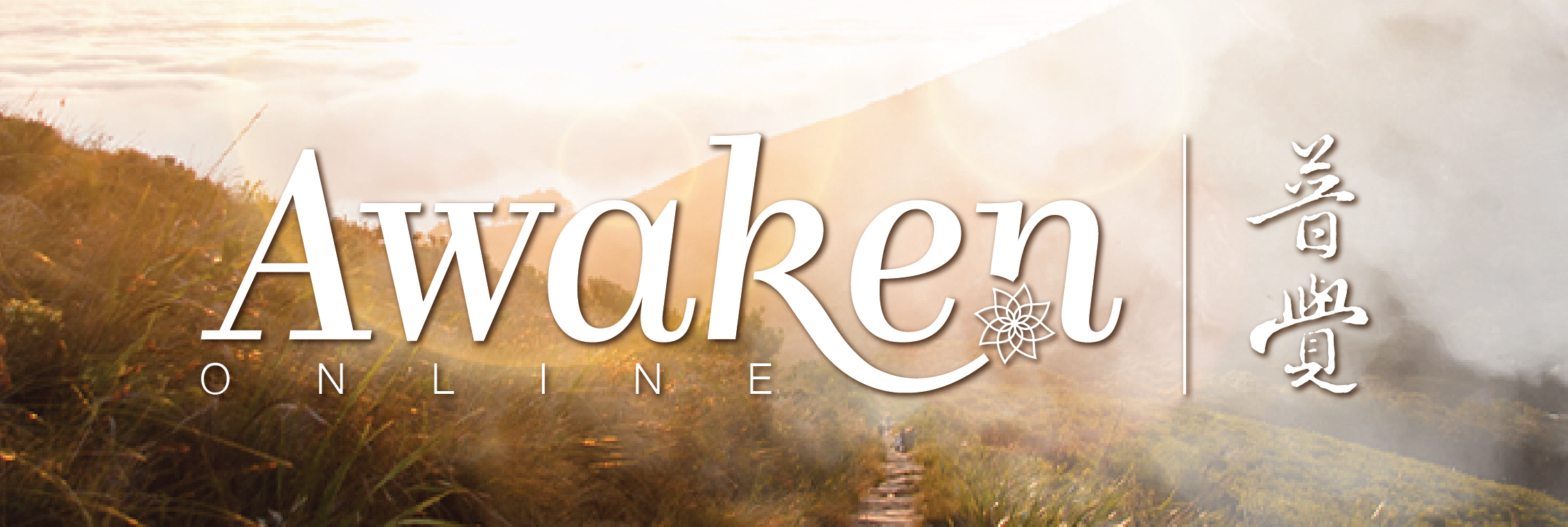The Healing Power of Gratitude

BY | Professor Cheng Chen Huang
Gratitude is a healing balm to our problems in daily life and cyclic existence. Those who have gratitude will transcend mental defilements and eventually attain Nirvana. Gratitude is emphasised in Chinese Buddhism because of its healing power and enlightening factor. A Buddhist, actually every man on the street, should practise gratitude at the beginning, the middle and the end of his life.
Thomas Jefferson, the third president of the US and a political philosopher once said: “Nothing can stop the man with the right mental attitude from achieving his goal. Nothing on earth can help the man with the wrong attitude.” Likewise, gratitude is the mental attitude that will help us achieve our ultimate goal in life, happiness. Gratitude symbolises love, compassion, warmth, gentleness, softness, tolerance, peace, zeal, charity, and wisdom in one’s mind and heart. It showers happiness to us right here, right now and is the right mental attitude to achieve our goal of Nirvana.
Why Gratitude?
The practice of gratitude is based on the principle of interdependent origination. All phenomena, including all sentient beings and all non-sentient things, exist interdependently.
Sentient beings depend on non-sentient things, and vice versa. Human beings depend on other sentient beings and non-sentient things, and vice versa. Among human beings, Chinese depend on non-Chinese, and vice versa. Among the Chinese origins, those in Singapore depend on others outside Singapore, and vice versa. Among the Chinese origins in Singapore, the Wu clan, for example, depends on the non-Wu clans, and vice versa. Among the Wu clan, family A depends on family B, and vice versa. Among family A, parents depend on children, and vice versa. Between the parents, father depends on mother, and vice versa. In the body of the parent or child, the head depends on the rest of the bodily organs, and vice versa. In the head itself, the skin depends on other cells and minute parts, and vice versa. This process goes on infinitely.
Nobody and nothing can exist apart or be isolated from others. Therefore, we have to practise gratitude to everyone, including our enemy, and everything, including adverse situations. When we bear gratitude in mind, our mind is peaceful. When the mind is at peace and full of wisdom, we will be able to solve all our problems.
Gratitude to Whom and What?
“Nothing is good or bad, but our thinking makes it so.” — Shakespeare
Anything which feeds our ego is considered as good, and anything which threatens it is considered bad. But in reality, all that is perceived good is not necessary good, and all that is deemed bad is not necessary bad. That is why we have to show our gratitude to all sentient beings and non-sentient things, no matter whether they are good or bad.
We have to show our gratitude to those who have helped or been kind to us. Such as our parents who gave birth to us, and brought us up; our teachers who taught us and our siblings who supported us. Even our relatives, friends, classmates, acquaintances, compatriots, and other good people produced and/or provided physical and spiritual foods to sustain our life. Without them, how can we survive?
Not just that, we also have to show our gratitude to those who are hostile towards us. If we claim that we are ‘good’ people, it is because that there are people judged as ‘bad’. When we have gratitude, we cease our grudges, and fully utilise our energy in a positive direction to guide the so-called ‘bad’ people back to normal. When ‘bad’ people become ‘good’, the whole society, including ourselves, will benefit.
We have to show our gratitude to favourable situations because they make us happy, and give us the energy to move towards the unknown future. Likewise, we have to show our gratitude to unfavourable situations because they present us with crucial tests and make us even stronger than before. When we hold a heart of gratitude, the challenges become opportunities of learning and growth.
In Buddhist scriptures, four kinds of people in particular are mentioned to whom we have to pay our gratitude: our parents, our king (nowadays, the leaders of our country, community or organisation), all sentient beings and Mother Earth, and the Triple Gem.
They are called the fields of grace, merits or blessings. When we show our gratitude to them, we are planting seeds in the fields, and, one day sooner or later, we will reap the harvest of grace, merits, or blessings. The more seeds we plant with pure minds, the more pure harvest we will reap.
How to Practise Gratitude
Gratitude is a panacea to panic. However, we have to practise gratitude before we can internalise it in order to emit the waves of gratitude in all directions at all times. This is how we practise gratitude within ourselves. First, we may take the posture of sitting meditation or any other relaxed position. Then, we take smooth, long in-breaths and out-breaths for a while. When our mind has calmed down, we start the journey.
We can assume one organ as a person to show gratitude, and other organs as the objects of gratitude. For example, first we imagine our eyes as saying “thank you” to our ears, nose, mouth, teeth, tongue, head, neck, shoulders, arms, waist, fingers, chest, abdomen, hips, legs, heart, lungs, kidney, intestine, and so on. When we are doing this practice, we have to be very clear in our visualisation of saying “thank you” and receiving “thank you”. We practise in this way seeing in our mind’s eye one organ by one organ from our crown to our sole as the person to say “thank you”.
Next, we envision ourselves as the person to say “thank you” to our parents, teachers, brothers, sisters, relatives, friends, colleagues, compatriots, neutral persons, enemies, human beings, other animals, other sentient beings, non-sentient things, and so on in this Earth, other planets, the whole universe of the past, the present, and the future.
We can also picture in our mind inviting two persons, two organisations or two countries that are at odds with each other with one saying “thank you” to the other. Finally, we end this meditation by visualising that every sentient being or non-sentient thing is saying “thank you” to one other. The whole cosmos is filled with the orchestra of “thank you” and feelings of appreciation and gratefulness.
May is a month of gratitude. There is Vesak Day, Mother’s Day, and many other auspicious days to say “thank you”. Let’s practise gratitude each and every day of our lives to perfect our path of the Dharma!

